
Top Chinese Military Leader Reportedly Arrested Amid Internal Power Struggle
General He Weidong, the third-ranking officer of China’s People’s Liberation Army (PLA) and a member of the Chinese Communist Party’s (CCP) Central Military Commission (CMC), has reportedly been arrested in what analysts describe as a significant development in China’s internal political landscape.
The arrest of General He, a high-ranking official considered a close ally of CCP leader Xi Jinping, is part of a broader, ongoing military purge. It remains uncertain whether the crackdown is driven by Xi himself to solidify his power or if it is a move by his political opponents seeking to weaken his control. If the latter, experts suggest Xi could become more aggressive internationally, particularly toward Taiwan, to maintain his grip on power.
Unusual Absences Raise Speculation
General He Weidong, the CMC’s second-ranked vice chairman, has not been seen in public since March 11, when he attended the closing session of the National People’s Congress (NPC) — China’s legislative body. His absence, along with that of Zhang Youxia, the first-ranked vice chairman of the CMC, at a seminar marking the 20th anniversary of the Anti-Secession Law and during Xi’s visit to Yunnan Province, has raised suspicions. These events typically see the attendance of at least one of the CMC’s vice chairmen.
Former investigative journalist Zhao Lanjian, now based in the United States, claimed on social media platform X that He was detained on March 11, shortly after the NPC session. Zhao reported that He suffered a heart attack during detention and is currently held at the 301 Hospital, a prominent PLA hospital often linked to political scandals.
Sources suggest that the CMC is scrutinizing He’s past speeches, documents, and media to diminish his influence. Cai Shenkun, a China affairs commentator, corroborated the report, stating that PLA theater command leaders have been notified of He’s arrest.
Further Arrests and Investigations
Alongside General He, several PLA commanders associated with the Fujian faction, a group regarded as Xi’s allies, are reportedly under investigation. These include Zhao Keshi, former head of the PLA’s General Logistics Department, and Lin Xiangyang, commander of the Eastern Theater Command, who was allegedly detained for leaking a “Taiwan Strait battle plan.” The recipient of the leaked information remains unclear.
Adding to the intrigue, Defense Minister Dong Jun was absent from a State Council plenary meeting earlier this month, further fueling speculation. The Chinese government has yet to comment on these developments.
Power Struggle and Political Instability
Since Xi Jinping assumed power in 2012, his sweeping anti-corruption campaign has purged nearly 5 million officials by 2022, according to a report from the U.S. Office of the Director of National Intelligence. The campaign, initially framed as a fight against corruption, is widely seen as a mechanism to eliminate political rivals and consolidate power.
Political commentator Gordon Chang described the rumored arrests as potentially among the “most dangerous developments in the world today.” He warned that instability within the PLA could prompt Xi to take drastic measures, including aggressive action toward Taiwan, to assert his control.
“There are elements trying to destabilize the Chinese ruler. A Xi under siege could decide to lash out,” Chang said.
Implications for Taiwan and the Region
The internal strife is seen as undermining the PLA’s ability to conduct a large-scale military operation, such as an invasion of Taiwan. Analysts like Shen Ming-Shih from Taiwan’s Institute for National Defense and Security Research suggest that Xi’s weakening hold on the military could reduce the likelihood of a near-term conflict. However, others argue that if Xi’s authority is severely threatened, he may resort to military action as a diversion.
Chi Yue-yi, a PLA expert, believes that while internal discord exists, it may not be sufficient to form a coordinated anti-Xi faction. However, the ongoing power struggle indicates that the stability of China’s top leadership is more fragile than previously thought.
Amid the rumors and uncertainty, the global community watches closely, aware that the outcome of this internal power struggle could have far-reaching implications for regional and international security.
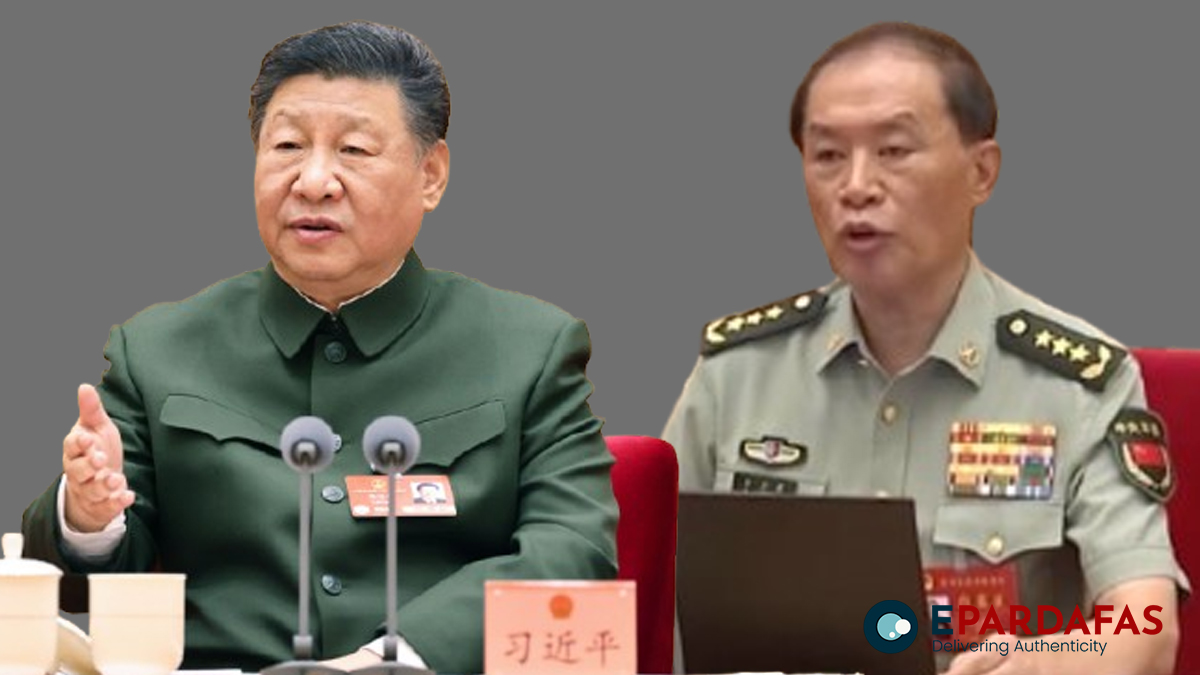
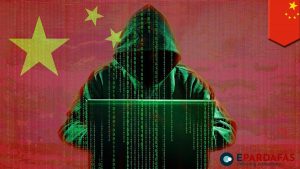
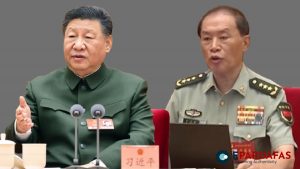
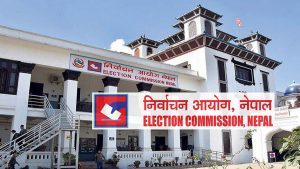
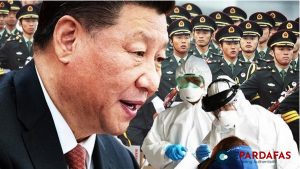

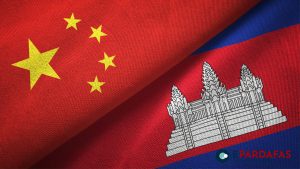
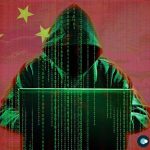
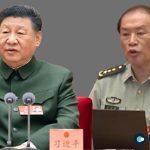


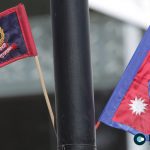

Comments